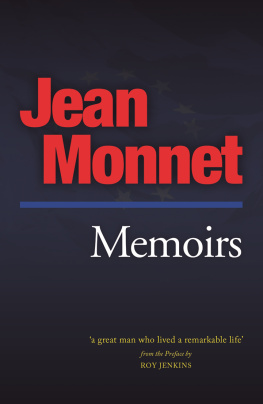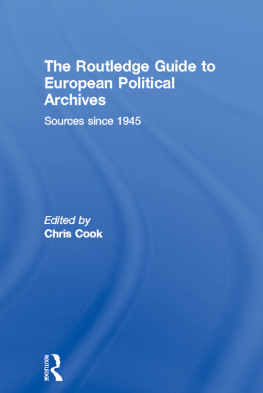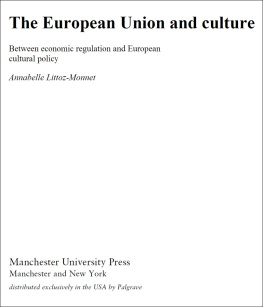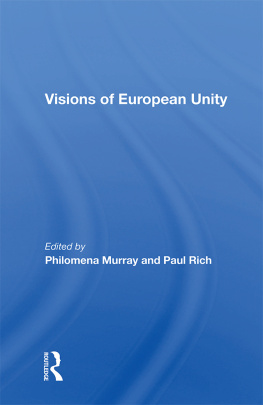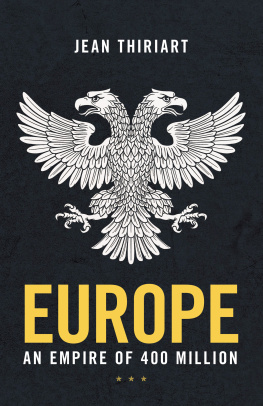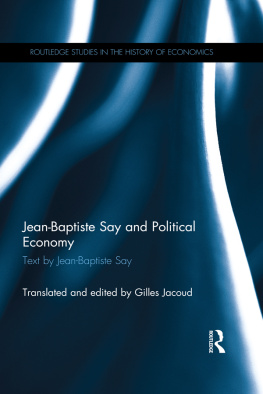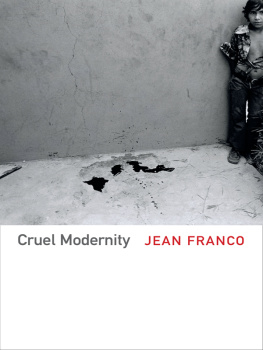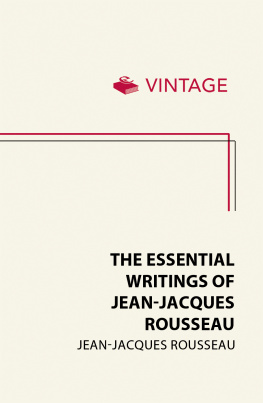APPENDIX
RESOLUTION BY THE HEADS OF STATE AND
GOVERNMENT IN LUXEMBOURG, APRIL 1 AND 2, 1976,
MEETING AS THE EUROPEAN COUNCIL
Community Europe, which has been in existence for more than twenty-five years, is already, despite its imperfections and lacunae, a remarkable achievement. Meanwhile, hopes of a deeper European Union are beginning to take shape.
The positive balance-sheet that can be drawn up at the end of this first stage, and on the eve of progress towards political unification, is something we owe in large measure to the boldness and breadth of vision of a handful of men. Among them, Jean Monnet has played a leading role, whether as inspirer of the Schuman Plan, first President of the High Authority, or founder of the Action Committee for the United States of Europe. In these various capacities, Jean Monnet has resolutely attacked the forces of inertia in Europes political and economic structure, with the aim of establishing a new type of relationship between States, making apparent their de facto solidarity and giving it institutional form.
As a realist, Monnet took economic interests as his starting-point, but without abandoning his vision of achieving a broader understanding among the men and nations of Europe which would extend into all fields. Sometimes, this objective may have been lost to view amid the vicissitudes of the unification of Europe. Nevertheless, that objective has never been disavowed. Now, more than ever, it should serve as a guide, enabling us to rise above our task of daily administration and give it its true and substantial meaning.
Jean Monnet recently retired from public life. He has devoted the best of his ability to the European cause. It is only fitting that Europe should pay him a particular tribute of gratitude and admiration.
That is why the Heads of State and Government of the Community, meeting in Luxembourg as the European Council, have decided to confer on him the title of Honorary Citizen of Europe.
Chapter I
1940 UNITY IN PERIL
I
The limits of co-operation
The morning of May 10, 1940, was fine all over Europe. The heat and sunshine had takenus by surprise. We had feared this moment for which the Germans had been waiting: for several weeks, armies and peoples had been watching anxiously for the bright skies that would favour attacks by the Luftwaffe and the Panzer divisions. In London, where I was then living, I was called at dawn by Alexandre Parodi, some of whose people worked in the same building. What do you say to that?, I asked him. Its exactly what we were hoping for, he replied.
It was then that I remembered a strange conversation with Edouard Daladier a few weeks before. I had told the French Premier that in my view, if the Germans took the offensive, they would attack where the Maginot Line stopped, just on the Belgian frontier. Thats what the generals tell me, he said thoughtfully: Its what theyre counting on. I found this strategy incomprehensible at the time, and no one since then has been able to explain to me why our reserves were stationed hundreds of miles away from the point where the Germans were likely to break through. As it turned out, Belgium proved no trap for the German army: within a few days, the Germans broke the line at Sedan.
Leaving General Ismay to his illusions, I went up to my office, the headquarters of the Anglo-French Co-ordinating Committee. There we had collected economic data to measure the strength and weakness of the Allies against the German Reich. It gave us a first glimpse of what lay ahead: a long and uncertain total war in which organization and willpower, helped by time and space, would determine the final military outcome.
The Committee had been at work since November 1939. I had been made Chairman by a joint decision of the French and British Governments. The methods of work and the objectives which I had proposed to the two Premiers, Daladier and Neville Chamberlain, and which they had accepted, were not very different from those of the Allied Executive Committees to which I had devoted my efforts in the 191418 war. Seeing the same needs now, I had once again followed the same course with, incidentally, some of the same people, who had remained my friends. What was needed was to bring together and unite all the strength of the free world, to resist and crush the onslaught of totalitarianism. No one disagreed; but this common-sense idea was simply not being applied.
It is astonishing how little the word alliance, which people find so reassuring, really means in practice if all it implies is the traditional machinery of co-operation. I had learned this by long experience in World War I, whose military outcome had hung in the balance so long as the Allies had fought side by side instead of forming a single organized force. It had taken two years of persistent effort, and the deadly threat of unlimited submarine warfare, before we could combine our resources and pool our shipping. The decision to do so, which ensured the Allies economic superiority and the security of their supplies, in the end proved as decisive as mens heroism in battle. It was simply less widely known. This time, our Governments were easier to convince, because the concept of total war imposed by the enemy had become familiar. But it was still a national concept. Total war at the level of the Alliance seemed to have no meaning, and certainly little hope of being achieved. In each of our countries the civil and military war machine was preparing, as best it could, to wage its own war. The two Governments were acting separately, and public opinion in Britain and France was reacting in two different ways to the same threat. Now, that threat was very great and very close.
I had long been convinced that the only way to win this war, like the first war, was to pool the two countries material resources and productive potential. But it was growing more and more obvious that unity must be on a different scale from the start. On March 28, 1940, France and Britain had both undertaken not to negotiate for a separate armistice, and to act together in postwar reconstruction. But what underlying basis could there be for such solidarity? What tangible form could be given to a unity of purpose strong enough to resist the ordeals to come? The more limited machinery for co-ordination and co-operation that we were setting up was proving too slow. It had taken no less than four months to get from our national administrations a simple balance-sheet of our potential air-power which was the only way of persuading the United States to increase their output of aero-engines. I was all the more anxious, that morning of May 10, 1940, as I watched the mists dispersing from the London sky. At that very moment, I learned later, the air-raid sirens were sounding over Paris.
The patient work of co-ordination that we were doing in our Committees would bear fruit when the Allies had recovered the initiative. Today, the enemy was calling the tune and seeking immediate victory. Against the psychological advantage of surprise, coupled with superior armed might, had we enough strength and willpower to resist? In those spring days of 1940, history was advancing with the speed of the Panzer divisions: we could stem it only by a bold stroke that would seize the imagination and sweep aside the material and psychological obstacles that were delaying joint action by the Allies.
My friends on the Anglo-French Committee were very well placed to realize the impasse. Chief among them was Sir Arthur Salter, who had worked with me on the Allied Combined Boards between 1916 and 1918, and who had seen their achievements dissipated at the end of the war. He was anxious that our present work should lead to institutions that would give it both legitimacy and permanence. In political circles, some voices were calling for closer unity, and editorials in the London

